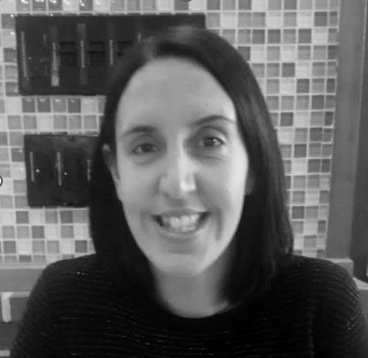
Rhiannon Wright
Evidence Community

We believe creating spaces to connect and develop relationships will lead to lasting, positive change.
Our communities bring together social care practitioners, innovators and people with lived experience to create the energy and momentum for change.
They’re spaces for people to share their knowledge and ideas and to learn from others, creating relationships across different sectors and across Wales.
The communities meet both online and in person, while members can also connect through an online platform.
Here, the Insight Collective brings you some of the highlights of what’s been happening in our communities over recent months.
In the past few months, the community held another ‘Let’s look at evidence together’ session. The focus this time was on our evidence summary around building trust with marginalised families. The session covered the key points of the summary, alongside open discussions about people's personal and professional experiences and dilemmas around the topic.
The community also continued its ‘In the loop’ sessions, covering the topics of TrACE-informed physical environments and place-based partnerships. TrACE stands for trauma and adverse childhood experiences. The series is an opportunity for members to keep up to date with emerging research, guidance, blogs and other forms of content related to place-based care.
The community also held its first face-to-face event jointly with the Evidence Community. Dr Tegan Brierley-Sollis presented research, evidence and experiences around trauma, vicarious trauma and trauma-informed practice. The group reflected on how trauma can affect people and explored ways of offering support.
This event was extremely well attended and the feedback demonstrated how valuable participants found coming together to talk about these issues.
Between April and July the Evidence Community came together for two 'Reflecting on evidence' sessions. They looked at different research on the themes of communicating with families in difficult situations and what empathy sounds like in social care communication.
The community held two 'Research conversations' workshops where researchers came to share their findings and talk to practitioners about what these could mean for future practice. The topics covered were extra-care housing and a new model for completing life story work.
The Evidence Community also co-hosted the previously mentioned in-person event around trauma-informed practice and vicarious trauma with the Place-Based Care Community.
Our community managers continue to offer their communities of practice support and development service.
The service supports people who might benefit from using a community approach. It's open to people who are interested in exploring a community approach and those who’ve already started bringing people together.
By offering this support, we aim to help make sure that communities are planned and run in a way that gives them the best chance of achieving their goals.
We recently added a page to the Insight Collective to help you decide whether a community is right for you. We've also added a frequently asked questions page to the site.
To find out more about the service, whether you’re eligible and how to apply, visit our communities of practice support and development service page.

Evidence Community

Place-Based Care Community